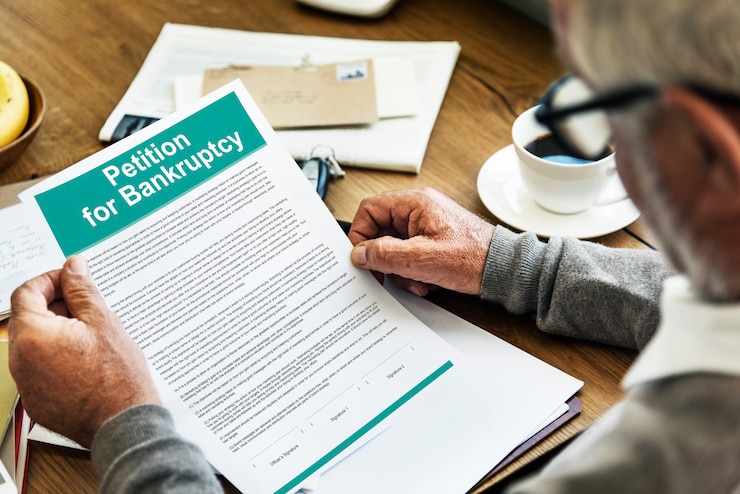Steps To Protect Your Business From Bankruptcy
September 24, 2022

The number of small businesses opened between January 2020 and December 9, 2020, fell by 29%. More than two-thirds of small businesses opening at the start of 2020 are operating 11 months later. Understanding the steps you need to take to protect your business can help you avoid bankruptcy.
According to the American Bankruptcy Institute, attorneys represented consumers in 91.5 percent of the 486,347 Chapter 7 cases filed in 2017.
You can contact a bankruptcy attorney in Atlanta to protect your assets from creditors and avoid financial liability. Individuals who file for bankruptcy independently can achieve much better results by hiring an attorney.
This article will help you understand some steps to protect your business from bankruptcy.
How Do Small Businesses Go Bankrupt?
Before safeguarding your business from bankruptcy, understand why businesses can go bankrupt. As a small business owner, it is important to understand the common reasons why small businesses fail. The most common reasons companies go bankrupt are over-financing and hiring the wrong people.
Even if a business makes good money, it can go bankrupt if it is not managed properly. There are many reasons why small businesses fail. As an entrepreneur, it is important to understand these reasons.
Ignoring the need for a Bankruptcy Attorney in Atlanta or other financial consultants in a company can lead to a state of bankruptcy and mismanagement of funds.
Poor decision-making can often be a reason that leads to bankruptcy for a business. Natural disasters are an additional cause and can often result in an unrecoverable situation.
How To Avoid Going Bankrupt?

Given below are some of the ways you can prevent your business from going bankrupt—
1. Debt Prioritization
As a small business, paying your debts is essential. But, if you file a lawsuit to pay off your debts, you could go bankrupt. According to a top Bankruptcy Attorney in Atlanta, If you’re struggling to pay off your debt, start over and talk to an expert.
Debt restructuring helps you create a payment plan to pay off your debts. If there are no debts, the loan agency cannot first recover the product or service purchased without being sent to court first.
This type of loan is not guaranteed and is called priority or preference. Priority claims must be paid in full through the Chapter 13 Bankruptcy Compensation Plan.
In Chapter 7 bankruptcy, non-preferred creditors are paid last when money is available.
You must pay back some debts on schedule to safeguard your company. Payroll taxes, energy payments, phone bills, court judgments, and company rent are a few examples.
Failure to pay any of the aforementioned amounts might result in the end of your company. Avoiding bankruptcy can be facilitated by understanding which invoices to pay first and in what order.
2. Getting Professional Help
If you are worried that your small business will go bankrupt, you should seek professional help. The type of professional help depends on the type of support you need.
Some experts who can help you out of bankruptcy include corporate Bankruptcy Attorney Atlanta and debt consolidation experts.
The demand for accountants is expected to grow at a pace of 4% until 2029.
More students taking online courses will open up more opportunities for small businesses to hire professionals. In addition, accountants can manage financial analysis, cash flow, taxes, required paperwork, and purchases.
A legal settlement may be right for you and should be avoided in the first place. The most important thing to remember is not to borrow too much or too little.
You don’t have to rush to find the right loan for you. Government loans, such as Payroll Protection Programs (PPPs), provide a buffer to help keep your business going.
Getting Business Loan After Bankruptcy
After filing for bankruptcy, you may have to wait a while to get approved for a business loan. You must submit a detailed business plan if you are applying for financing after bankruptcy.
In the first few years after bankruptcy, it’s a good idea to avoid opening new lines of credit and focus on paying down existing debt.
If you are filing for bankruptcy, you should do more research on potential business creditors. You should expect that the maximum amount of capital you can borrow will be limited.
In recent years, an entire industry has evolved online to finance people with a history of bankruptcy.
Read Also:










